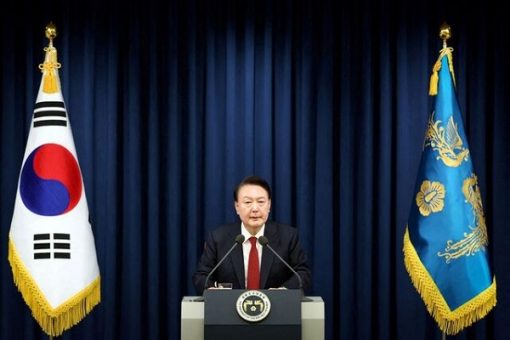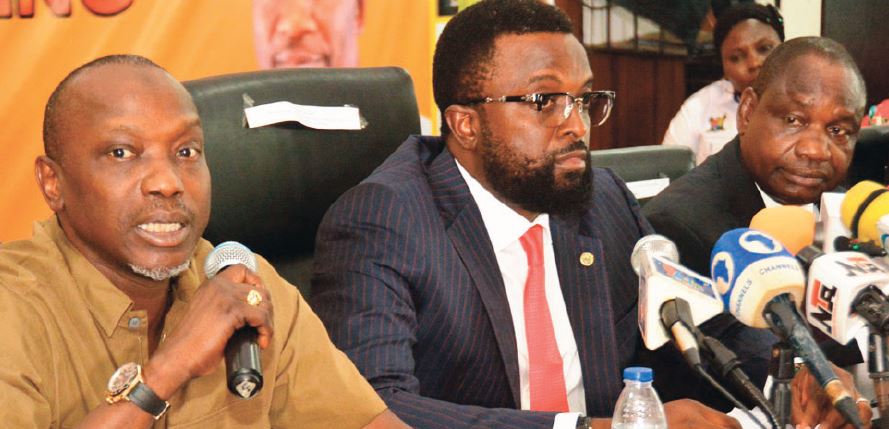The International Monetary Fund (IMF) has advised the Central Bank of Nigeria (CBN) to issue operating licenses or register cryptocurrency dealers. This recommendation is part of the IMF's 2024 Staff Report, which suggests that global crypto trading platforms should be registered or licensed in Nigeria, similar to how Bureaux De Change (BDCs) are licensed by the CBN for forex transactions at the retail level.
The IMF suggests that these crypto trading platforms should be subjected to the same regulatory requirements applicable to financial intermediaries, following the principle of same activity, same risk, and same regulation.
The CBN's decision to stop banks and other financial institutions from banking cryptocurrency traders was based on concerns that cryptocurrency traders were using peer-to-peer trading to manipulate the naira exchange rate against the dollar and other global currencies. The CBN cited the example of Binance, the largest cryptocurrency exchange, which it said had processed $26 billion in untraceable transactions in its Nigeria unit alone.
The IMF also praised Nigeria's progress in combating money laundering and terrorism financing but emphasized the need for further action in line with Financial Action Task Force (FATF) recommendations. Nigeria has taken several measures to improve its Anti-Money Laundering and Combating Financing of Terrorism (AML/CFT) framework, including legislative reforms, risk assessments, awareness building, and increased investigation and prosecution of money laundering cases.




